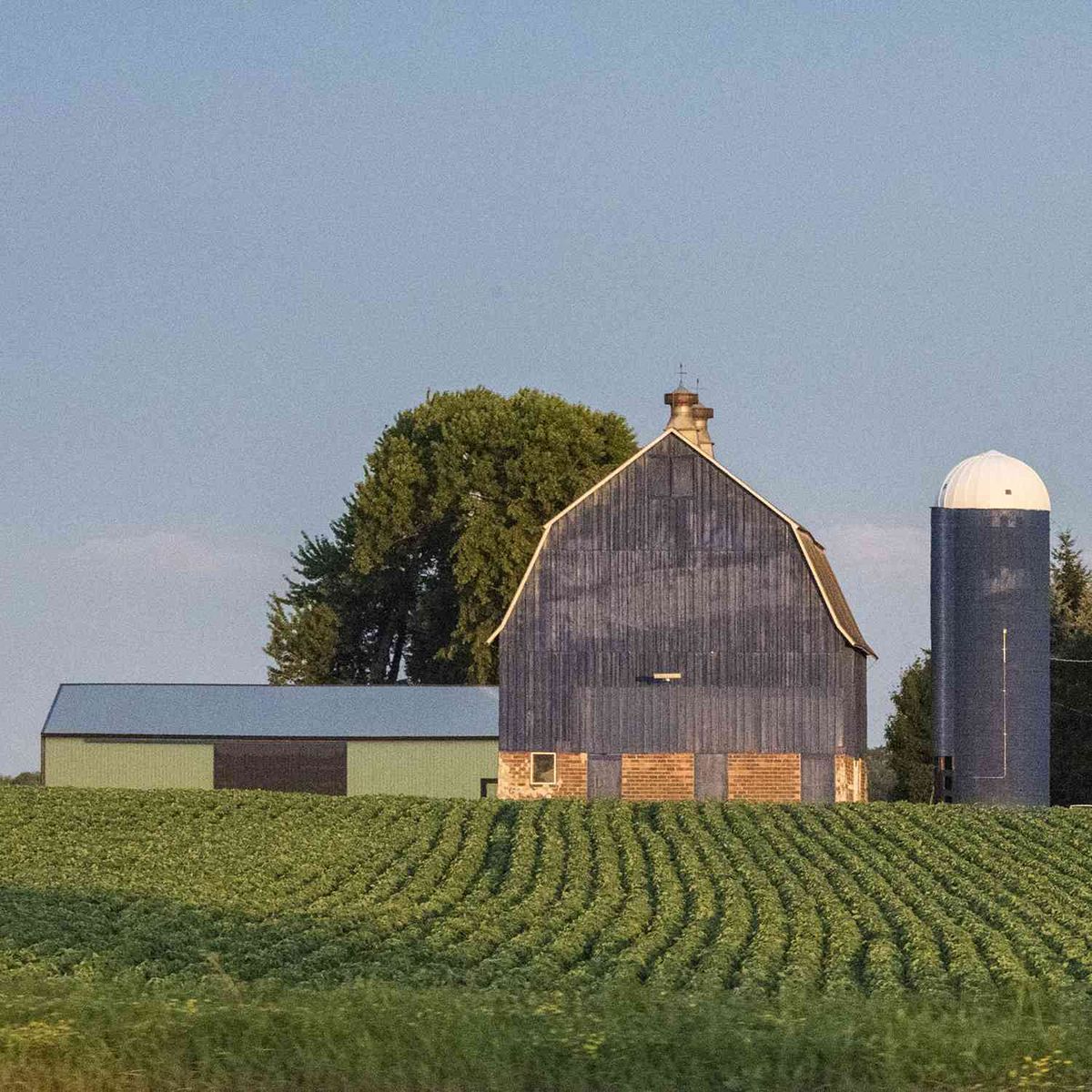Pennsylvania is making substantial investments in the organic sector, recognizing it as the future of agriculture. With a $1 million investment in organics, the state aims to support farmers transitioning to organic farming and meet the growing demand for organic products.
Pennsylvania’s Investment in Organic Farming
Pennsylvania is positioning itself as a leader in the organic sector by making substantial investments at the state level. With an increasing demand for organically grown food, the state is capitalizing on the trend and supporting organic farming through various initiatives. Democratic Governor Josh Shapiro has proposed a $1 million investment in organics for the 2023/2024 fiscal year budget, recognizing organics as the future of Pennsylvania agriculture.

( Credit to: Agriculture )
One of the key initiatives in the budget is the creation of the Organic Center of Excellence. This center will serve as a gateway for farmers and producers transitioning to organic farming, providing them with access to services and resources. The center aims to streamline access to state services and build on existing public-private partnerships with industry groups like The Rodale Institute.
Pennsylvania’s Growing Organic Sector
Pennsylvania currently ranks third in the nation in terms of organic sales and fourth in organic farms. The organic farming sector in the state has grown significantly over the past decade, with a 167% increase in the number of organic farms. In 2021, Pennsylvania farms produced and sold $1.09 billion in organic commodities, reflecting a 48% increase from 2019.
Supporting Farmers in Transitioning to Organic Farming
The process of transitioning to organic farming can be challenging for farmers. It involves adopting organic practices, discontinuing the use of prohibited substances for three years, and developing an organic system plan that complies with USDA organic regulations. The Pennsylvania Department of Agriculture recognizes the need for support and resources to help farmers navigate this transition and meet the growing demand for organic products.
In addition to state-level investments, federal legislation has also been introduced to support organic farming. U.S. Senators Bob Casey and John Fetterman have proposed a bill to expand organic research, which would provide more resources for the industry. Creating new funding streams for research in the organic sector is crucial to ensure that knowledge of organic practices is widely available and independent from potential outside influences.
Environmental and Economic Benefits of Organic Farming
Supporters of organic agriculture highlight its environmental and economic benefits. Organic farming helps mitigate climate change by increasing soil carbon sequestration and reducing erosion. It also reduces groundwater contamination due to the absence of pesticides and synthetic fertilizers. In terms of the economy, Pennsylvania’s organic sales accounted for 9.8% of the nation’s total organic sales volume in 2021. Organic agriculture creates more jobs, generates better revenue for farmers, and supports local supply chains, contributing to a win-win-win situation for the economy, environment, and job creation.
Pennsylvania: A Leader in the Organic Sector
Pennsylvania’s efforts to support organic farming are positioning the state as a leader in the organic sector. With increased investments, streamlined access to resources, and a focus on research, the state is well-positioned to meet the growing demand for organic products and reap the benefits of a thriving organic industry.
